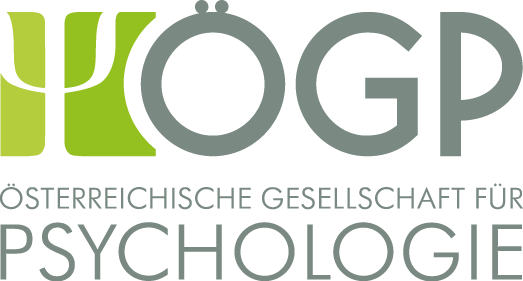Speakers
Description
Sense of agency (SoA) is the sense of having control over one's own actions and the corresponding effects. We examined whether the delay between action and effect influences SoA differently depending on culture (Austrians vs. Mongolians). Participants performed adaption blocks in which actions were followed by immediate (immediate effect group) or by delayed (delayed effect group) effects. In subsequent blocks, the action-effect delay was varied and participants’ SoA was assessed. In Austrians, the immediate effect group experienced more SoA for short action-effect delays, whereas the reverse was true for the delayed effect group, indicating that temporal expectation is more important than temporal contiguity between action and effect. In Mongolians, SoA did not significantly differ depending on different action-effect delays in both groups. Due to linear time concepts in Western cultures, in Austrians the timing of events may be an important indicator to estimate SoA. However, due to more cyclical time concepts in Eastern cultures, which emphasize reoccurrence of events, in Mongolians it may be less important. Thus, the use of temporal agency cues is culture-dependent.

